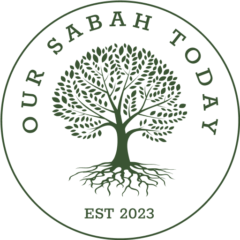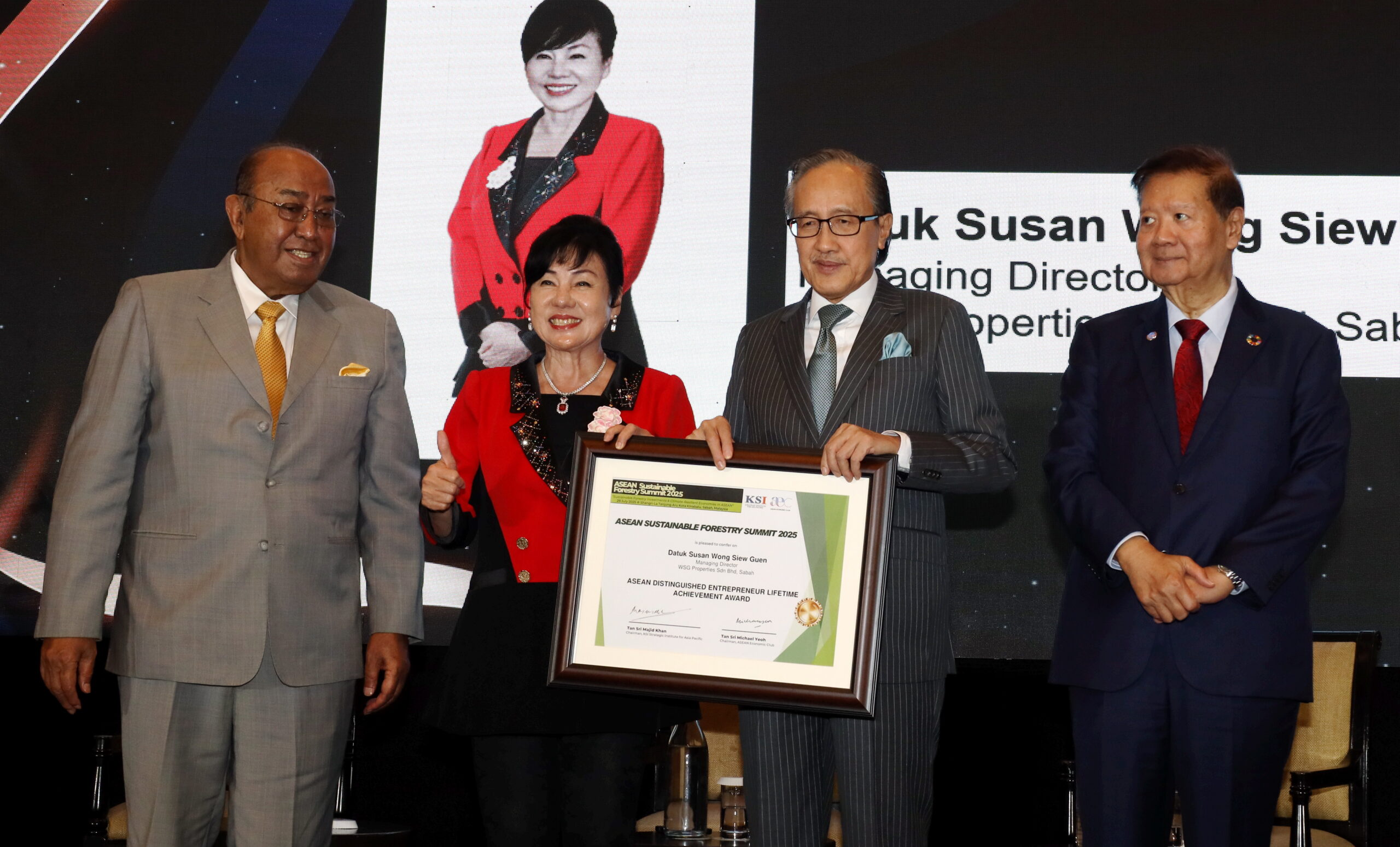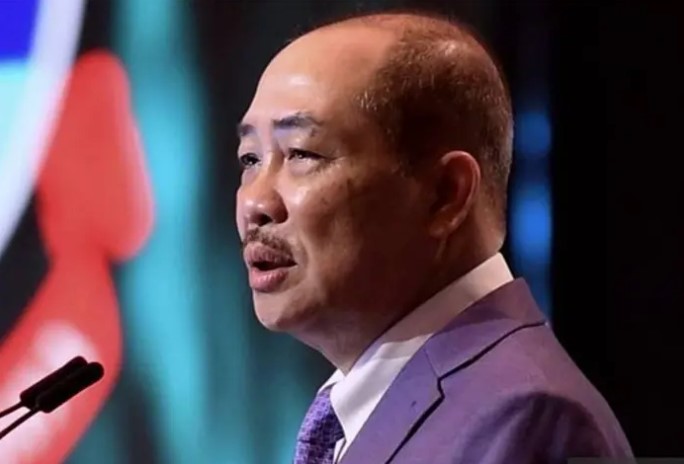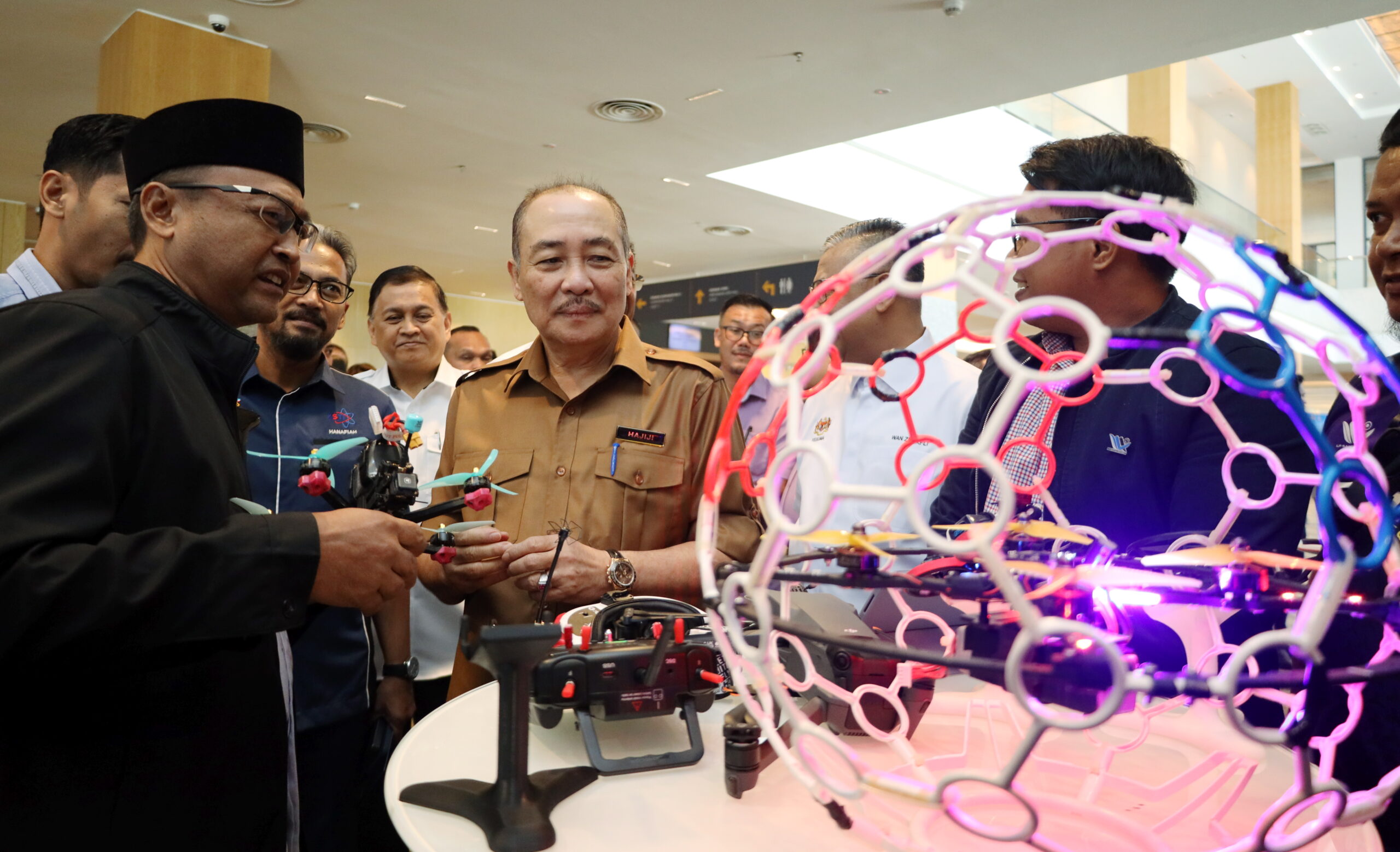Focus on Forestry and Climate in Economic Strategy
Sabah is fortunate to have investors who bring capital, expertise and long-term partnerships from ASEAN and beyond. Forestry and climate are now at the core of economic strategy for Sabah, for Malaysia and for ASEAN. “Welcome to invest in Sabah. You are investing in a state that is stable, strategic, and serious about a green future,” Chief Minister Datuk Seri Panglima Haji Hajiji Haji Noor said on 29 July 2025 at the ASEAN Sustainable Forestry Summit 2025 held at the Shangri-La Tanjung Aru Resort, Kota Kinabalu.
“We are no longer treating sustainability as optional. It is part of how we create jobs, attract investment, and strengthen resilience.” The summit is jointly organised by the KSI Strategic Institute for Asia Pacific and the ASEAN Economic Club. Policy makers, business leaders and environmental experts from across Southeast Asia attended the summit to address urgency for sustainable forestry and climate resilience. Hajiji said that the state government’s Climate Change and Carbon Governance Enactment 2025 has strengthened the certainty and assurance that investors need.
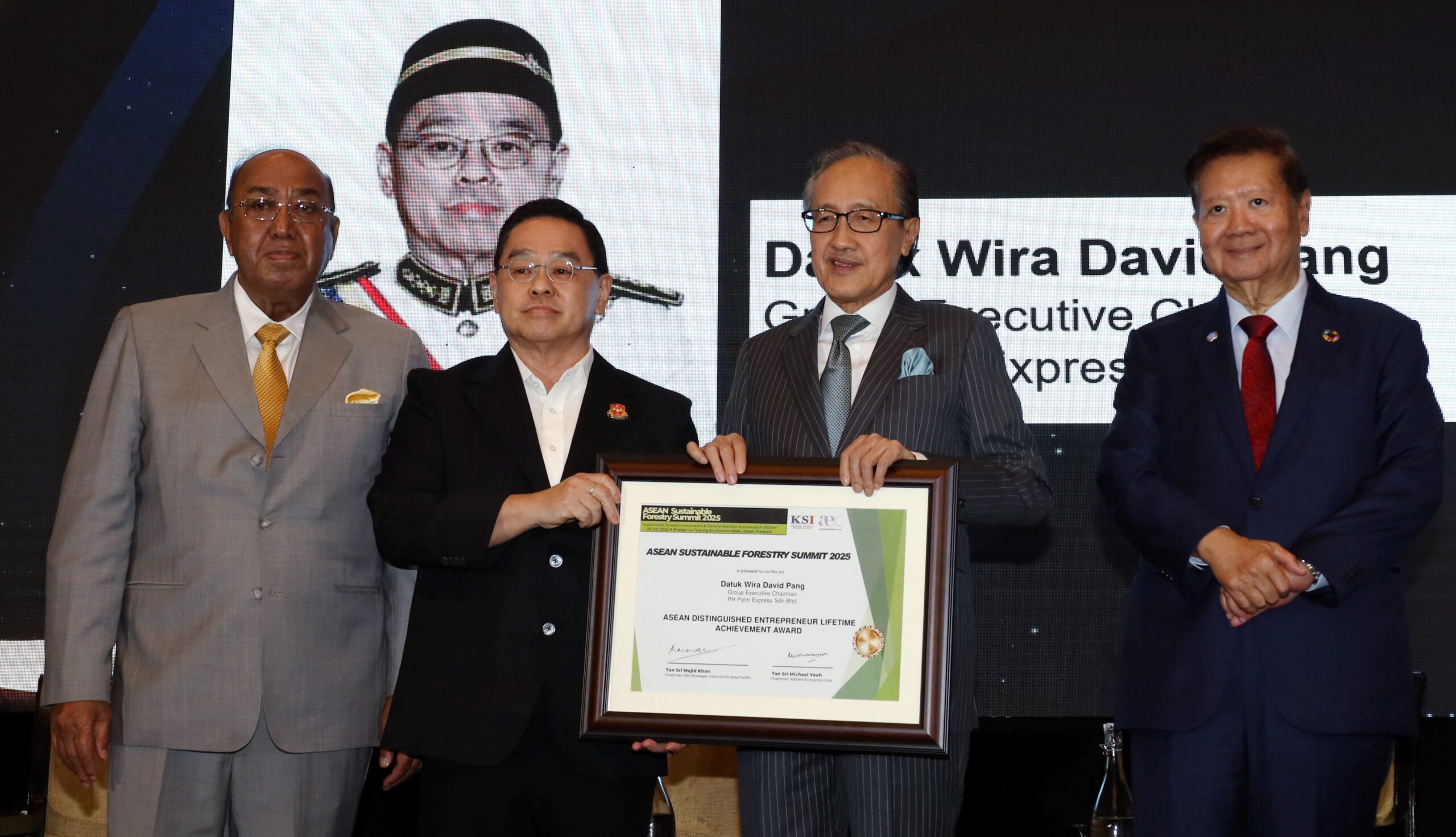
"We need common standards, regulatory alignment, and mutual recognition of credits across borders,” the Chief Minister said. “Sabah is ready to work with other ASEAN countries to push this agenda forward. Our forests are already doing their part. Now the frameworks must catch up. We need a functioning regional carbon market because the bigger opportunity lies in ASEAN cooperation.” Datuk Seri Panglima Masidi Manjun, Minister of Finance Minister delivered CM’s speech.
Hajiji said that with clear laws, strong institutions, and the SMJ Roadmap to guide implementation, Sabah is well-prepared for the carbon market. “Our forests and communities are already doing the hard work of carbon sequestration, biodiversity protection and sustainable use,” he added. Sabah’s new enactment for this purpose has created the Sabah Climate Action Council, a Climate Fund, a state level emissions inventory, and a framework for benefit-sharing, particularly with indigenous communities. The state’s carbon-related activities will now be governed by a clear and enforceable structure.
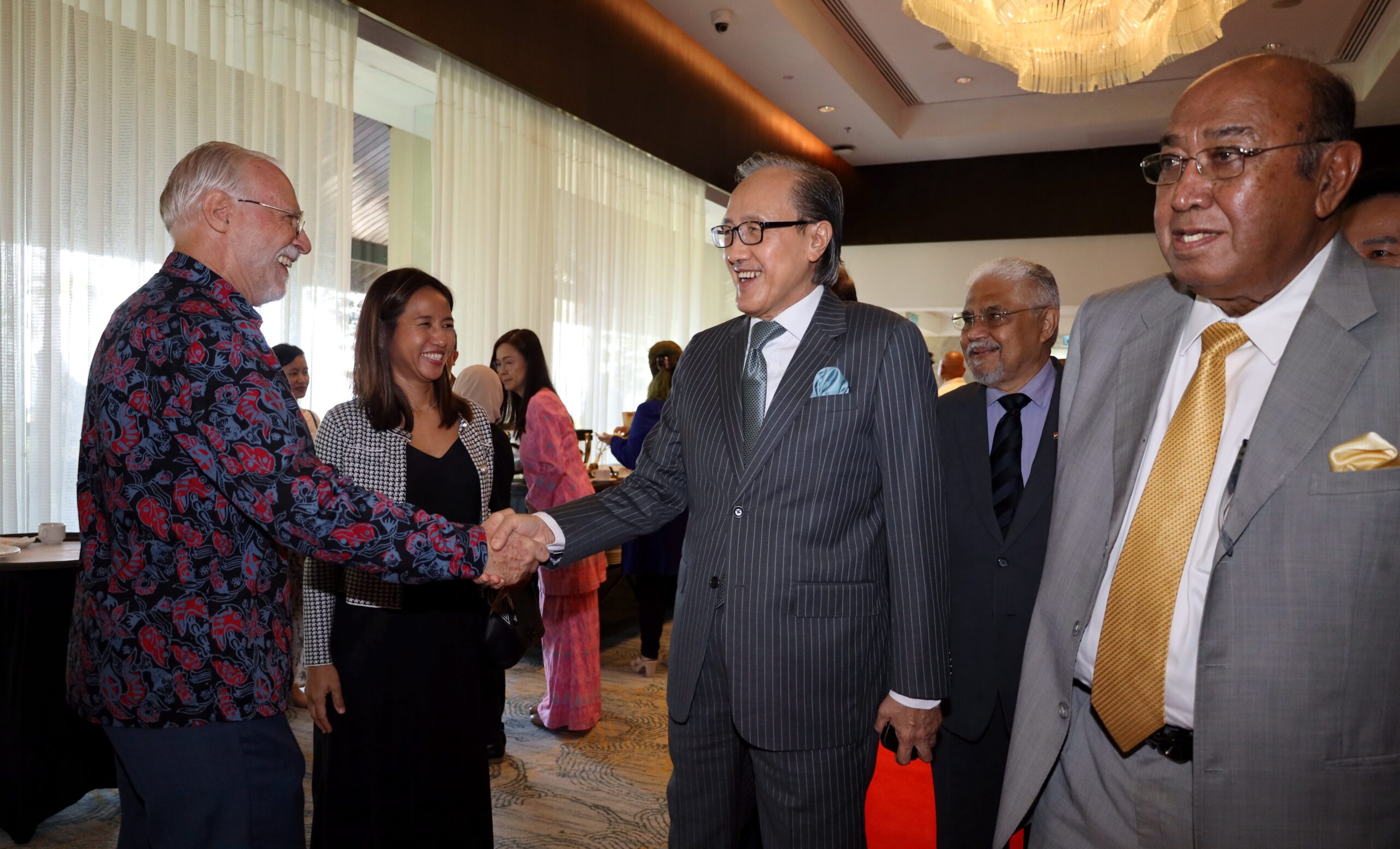
Sabah is now absorbing more carbon than it emits. “We are among the few jurisdictions in the world to hold this status, and it is estimated that Sabah contributes about 36 per cent of Malaysia’s total carbon sequestration. “This is more than an environmental milestone, Hajiji said. “It is a strategic economic asset. In a carbon constrained world, it is a competitive advantage.”
Hajiji said that under its development plan, the Hala Tuju Sabah Maju Jaya (SMJ), the government has in 2022 introduced the Forest Plantation Development Action Plan, a 15-year blueprint to rehabilitate 400,000 hectares of degraded forest. The plan is expected to contribute at least RM11 billion to Sabah’s GDP and create 40,000 jobs across the value chain. Although timber remained a strategic sector for Sabah - with timber royalties rising to RM171 million in 2024, marking an increase of RM16 million from the previous year, 2024 – Sabah is on course ar: to reduce dependence on natural forests and scale up plantation-based, sustainable timber production.
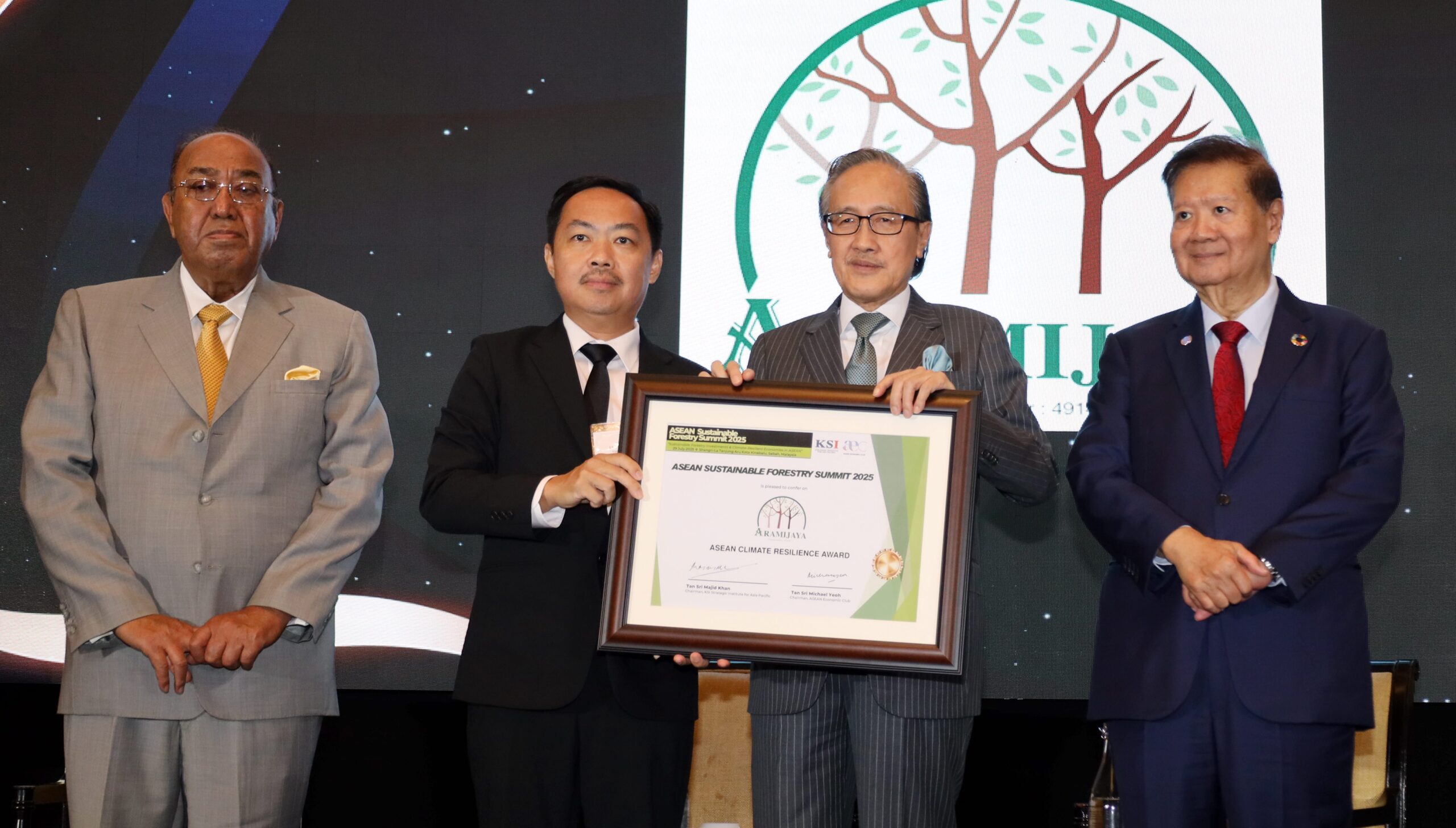
In the oil palm sector, Sabah – being the country’s largest producer of crude palm oil (CPO), contributing over 25 per cent of the national output - is also advancing its leadership in the palm oil industry. “In 2024, Malaysia’s CPO production reached 19.3 million tonnes, which is the highest in six years, as global demand remains strong, Hajiji said. Sabah is leveraging on this trend to attract investments in downstream processing, biofuels, and palm-based innovation. The state has enhanced infrastructures such as at the Palm Oil Industrial Cluster in Lahad Datu and at the Sipitang Oil and Gas Industrial Park to position Sabah as a hub for value-added manufacturing and biomass development.
